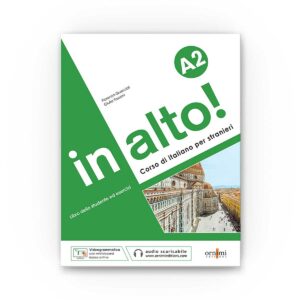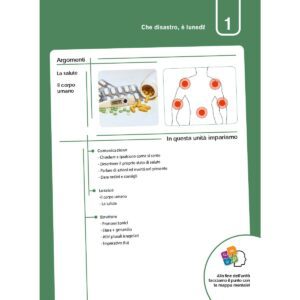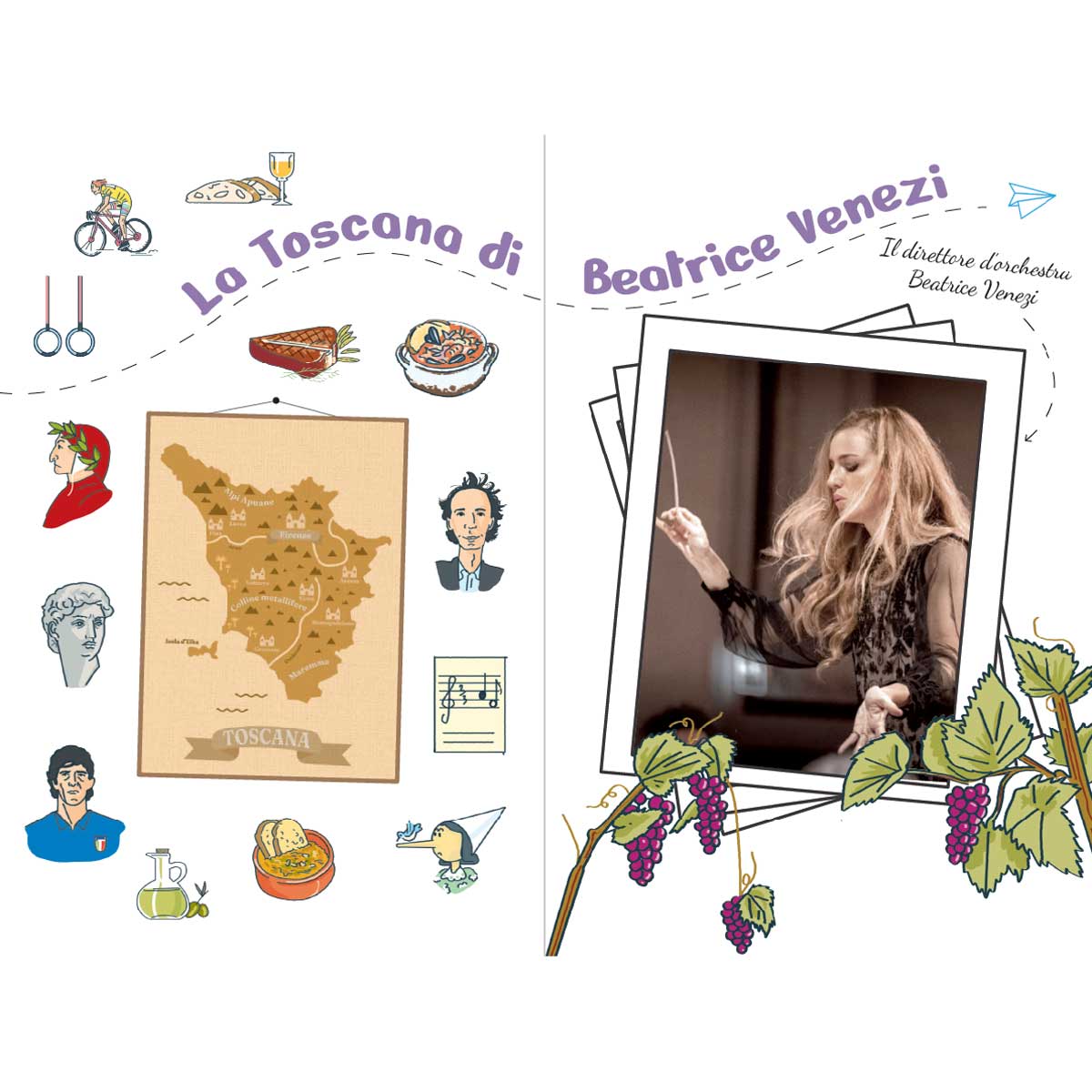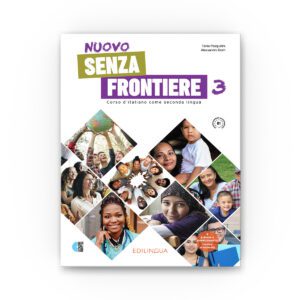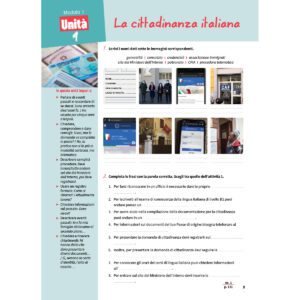How many languages do you speak? Do you say parlo l’italiano or parlo italiano? What is your nationality? Let’s talk about languages and nationalities.


Dialogue
| Scotty, di dove sei? | Scotty, Where are you from? |
| Sono di Stoccolma. | I’m from Stockholm. |
| Ah, sei svedese! Parli bene l’italiano. | Ah, you’re Swedish! You speak Italian well. |
| Grazie! Mio papà è svedese, mia mamma è italiana. | Thank you! My dad is Swedish, my mom is Italian. |
| Quindi parli lo svedese e l’italiano? | So you speak Swedish and Italian? |
| Sì, e anche l’inglese! | Yes, and also English! |
Talking about languages
Parlo l’italiano or parlo italiano?
Che lingue parli?
Parlo l’italiano e l’inglese.
In order to talk about which languages do you speak, you can both use or not the article before the name of the language, both are correct. However you need the article when you say that you’re learning a language.
| Parlo l’italiano e il tedesco. Parlo italiano e tedesco. | I speak Italian and German. |
| Sto imparando l’italiano. | I’m learning Italian. |
| Parlo inglese e un po’ d’italiano. | I speak English and a little Italian. |
| Parlo solo un po’ d’italiano. | I speak only a little Italian. |
| Non parlo bene l’italiano. | I don’t speak Italian well. |
Talking about nationalities
Sei inglese?
No, sono spagnolo, di Madrid.
The word for the nationality is the same as the word for the language. But pay attention: you have to adapt the ending to gender (masculine/feminine) and number (singular/plural). The masculine plural is used for men or a mixed group of men and women. The feminine plural form is used only for women.
Nationalities in -o
Nationality words ending with -o like italiano, tedesco and spagnolo have 4 forms:
| singular | plural | |
| masculine | italiano | italiani |
| feminine | italiana | italiane |
Nationalities in -e
Nationality words ending with -e like francese, inglese and svedese have only 2 forms that only distinguish singular and plural.
| singular | plural | |
| masculine / feminine | francese | francesi |
These rules are very important because they apply not only to the nationalities, but to all adjectives.
Esercizi
Learn more vocabulary: countries, languages and nationalities
Where are you from? Difference between sono di and vengo da
illustrations credits: Freepik


